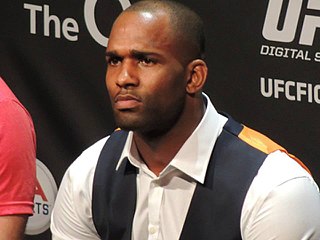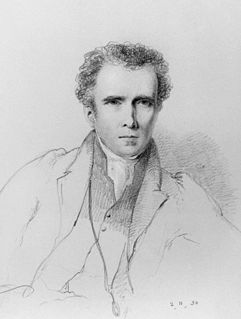A Quote by Terry Eagleton
Understanding is always in some sense retrospective, which is what Hegel meant by remarking that the owl of Minerva flies only at night.
Related Quotes
[T]ruly to escape Hegel involves an exact appreciation of the price we have to pay to detach ourselves from him. It assumes that we are aware of the extent to which Hegel, insidiously perhaps, is close to us; it implies a knowledge, in that which permits us to think against Hegel, of that which remains Hegelian. We have to determine the extent to which our anti-Hegelianism is possibly one of his tricks directed against us, at the end of which he stands, motionless, waiting for us.
Computer science only indicates the retrospective omnipotence of our technologies. In other words, an infinite capacity to process data (but only data -- i.e. the already given) and in no sense a new vision. With that science, we are entering an era of exhaustivity, which is also an era of exhaustion.
I love the night passionately. I love it as I love my country, or my mistress, with an instinctive, deep, and unshakeable love. I love it with all my senses: I love to see it, I love to breathe it in, I love to open my ears to its silence, I love my whole body to be caressed by its blackness. Skylarks sing in the sunshine, the blue sky, the warm air, in the fresh morning light. The owl flies by night, a dark shadow passing through the darkness; he hoots his sinister, quivering hoot, as though he delights in the intoxicating black immensity of space.
I'm definitely a night owl. I get going about the time my wife crashes and goes to bed. And in some sense, I've had to learn to be more of a cat napper in recent years because Perl development, Perl design and development, has become a worldwide phenomenon - not just mailing lists, but RSC channels, Twitter even. This all happens 24 hours a day. And people come up with questions at any time of the day or night.
The government tells us we need flood control and comes to straighten the creek in our pasture. The engineer on the job tells us the creek is now able to carry off more flood water, but in the process we have lost our old willows where the owl hooted on a winter night and under which the cows switched flies in the noon shade. We lost the little marshy spot where our fringed gentians bloomed.
Since substance is infinite, the universe as a whole, i.e., god, Hegel is telling us that philosophy is knowledge of the infinite, of the universe as a whole, i.e, god. You cannot get more metaphysical than that. I think that Hegel scholars have to admit this basic fact rather than burying their heads in the sand and trying to pretend that Hegel is concerned with conceptual analysis, category theory, normativity or some such contemporary fad.
In the hollow tree, in the old gray tower,
The spectral Owl doth dwell;
Dull, hated, despised, in the sunshine hour,
But at the dusk--he's abroad and well!
Not a bird of the forest e'er mates with him--
All mock him outright, by day:
But at night, when the woods grow still and dim,
The boldest will shrink away!
O, when the night falls, and roosts the fowl,
Then, then, is the reign of the Horned Owl!



































